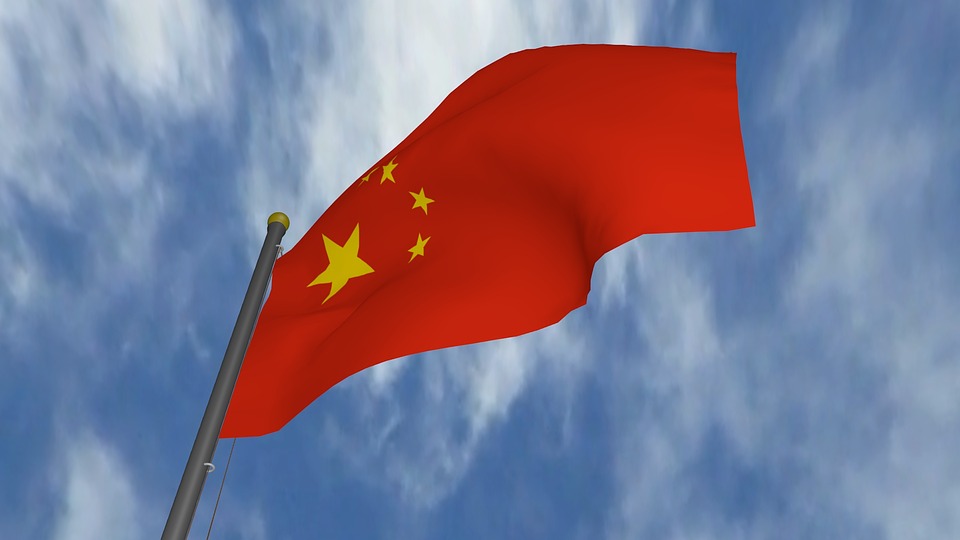 According to recent data, Chinese inflation hit its highest level in 8 years, at 5.4 percent in January after being at 4.9 percent in the previous month. The increase is mostly due to rising food prices, higher demand associated with the New Year festivities, together with the Coronavirus epidemic.
According to recent data, Chinese inflation hit its highest level in 8 years, at 5.4 percent in January after being at 4.9 percent in the previous month. The increase is mostly due to rising food prices, higher demand associated with the New Year festivities, together with the Coronavirus epidemic.
Excluding food, inflation went up from 1.3 percent in December to 1.6 percent in January. Prices were mostly driven up by clothing, rent, fuel, transport and communication among other goods.
Food prices went up mostly due to disruptions in the farm links (due to blocked transportation lines), as well as the damaged pork supplies (the epidemic has killed millions of pigs). Analysts expect them to keep rising given that they don't expect this situation to change in the upcoming months, however, the situation could also push down household demand, which could alleviate the pressure over prices.
"The impact of the virus could cause prices of food, such as vegetables, to rise further. On the other hand, it could reduce household demand, sapping inflationary pressures,” said an analyst at Bloomberg economics.
In order to control the epidemic, the Chinese government ordered shutdowns and road blockades that have been affecting Chinese farmers, as they've not been able to feed their animals and transport their products to other places. Recently the Chinese ministry of agriculture decided to intervene, forbidding intercepting vehicles transporting livestock and animal feed, blocking village roads and closing slaughterhouses.
By 9:58 GMT the Chinese Yuan went up by 0.27 percent against the US dollar, at 0.1432.
Switzerland's Inflation Levels Went Up Unexpectedly
According to the Swiss Federal Statistic Office, consumer prices rose by 0.2 percent in January, staying at the same level that was reached in December. Analysts were expecting a 0.1 percent increase.
Inflation levels were mostly driven up by an increase in housing prices, together with rising clothing and footwear prices. Core inflation, which excludes food and energy inflation, stood at 0.2 percent, after being at 0.4 percent on the previous month.
This data reinforces the idea that the Swiss National Bank will keep its dovish monetary policy stance. Last time they met they decided to leave the cash rates steady at -0.75 percent while signaling their willingness to intervene in the foreign exchange market if necessary.
The SNB governing board is expected to meet again in March.
